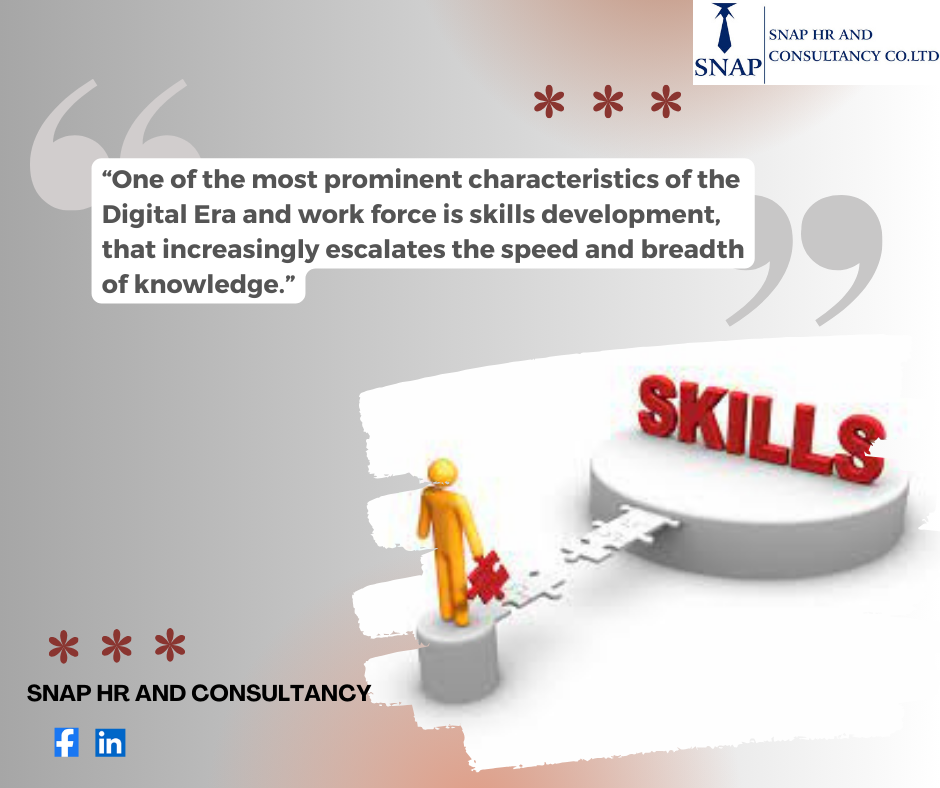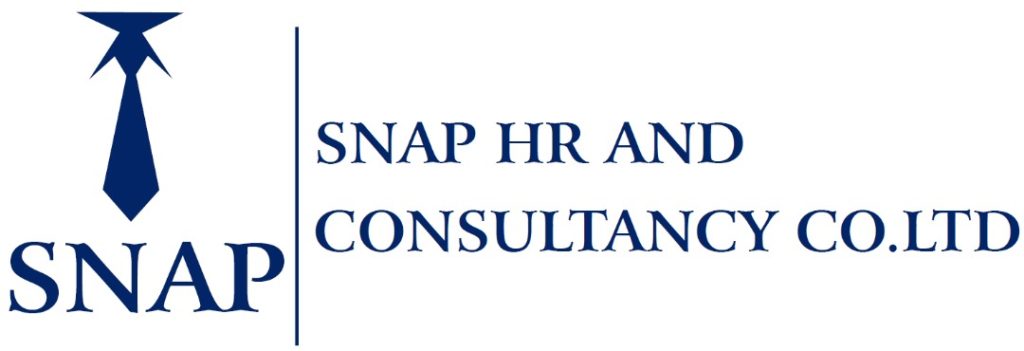Essentiality of skills development in the workforce
Soft or Hard, every person needs to learn a certain skill to accommodate the current world of digital transformation and ever-changing professional requirements in the workforce.
Skills development is indeed something that’s no more a matter of choice, and it never was. In order to carry out complex activities or job functions smoothly and adaptively, acquiring the ability or capacity through sustained and systematic efforts is essential. In simple terms, identifying the skills gap and making efforts to improve them, is what is called skills development. The current global trends, like technology, climate change, urbanization, human migration, etc. contribute to the skills demands.
But do you know there are different types of skills?
Cognitive Skills: – The ability to understand complex ideas and concepts in different fields. Through cognitive skills, you can learn how to adapt effectively to any challenging environment.
Technical Skills: Just as the name indicates, these skills are vital. Technical skills are like the knowledge that you need to acquire. From interacting with new technology to performing any task flawlessly.
Digital Skills: As we move further into the digital world, skill and knowledge are a must in every skills development course. Digital skills constantly overlap with all other skills in today’s world.
Soft Skills: Development Training in this area is a more personality-focused skill development program. Unlike most of the other major ones that include having skills or qualifications, this is completely different.

As early as 5 years old we start by advancing new skills, and in each stage, there are the basic principles. In (1962, 1964, and 1968) Paul Fitts examined the principles of skills learning via the skill learning theory. Later on, Fitts and Posner proposed the model of skill acquisition that is centered on three stages, performance was characterized by their now-classic theory of three sequential stages the Cognitive, Associative, and Autonomous stages.
Moreover, in the 21st-century generation, the framework for learning skills is more practical, which can be classed as the 4 C`s: (Communication, Collaboration, Creativity, and Critical Thinking). Some coaching experts and psychologists maintain it takes a minimum of 10,000 hours of practice to master a skill, oh yeah! That much, but not too much. The theoretical gift of being naturally good at something is merely a myth. In all honesty, practice makes it so much better.
In 2022 together with UNDP, we conducted a university boot camp on skill mismatch and unemployment solutions with the University of Juba and Catholic University. After conducting a survey, the report showed that 85.9% of the participants did not know to what extent their program of study would help in their job hunt, 3.5% were satisfied and 1.2% were not satisfied. And for those currently studying 36.5% were not sure if their field of study would be helpful in their future job search, yet 34.1% were very satisfied and 2.4% were unsatisfied. The surprising part is, that 92.9% of the participants said they would need additional knowledge and skill development to help perform better, with the following question of what (would that knowledge or skill be?) they mentioned, Business skills, Leadership skills, Communication skills, Computer skills, to mention but a few.
This is how essential skills development is important in the workforce and contributes to SDG number 4. July 17 is declared World Youth Skills Day, and this year’s theme is Skilling Teachers, trainers, and Youth for a Transformative Future. Learning is fundamentally about making and maintaining connections between knowledge to another, and soft and hard skills are part of it. Some of the essential soft skills that one must consider to learn are:
- Communication skills
- Time management skills
- Interpersonal skills
- Problem-solving skills
- Leadership skills
- And Collaboration skills
When we look at and discuss Hard Skills for future employment and development, the following are key areas viewed as essential by future employers:
- Computer knowledge
- Graphic design
- Data analysis
- Project management
- Marketing
- Customer service
- Business Development
- Social media management
Basically, we all need in one way or another to acquire and continuously improve our knowledge and skills, as we grow and develop in this rapidly ever-changing world.
As the UN Secretary-General António Guterres said “Equipping young people with quality education, training, and skills is essential. This World Youth Skills Day reminds us that teachers stand at the forefront of this great global effort”.

